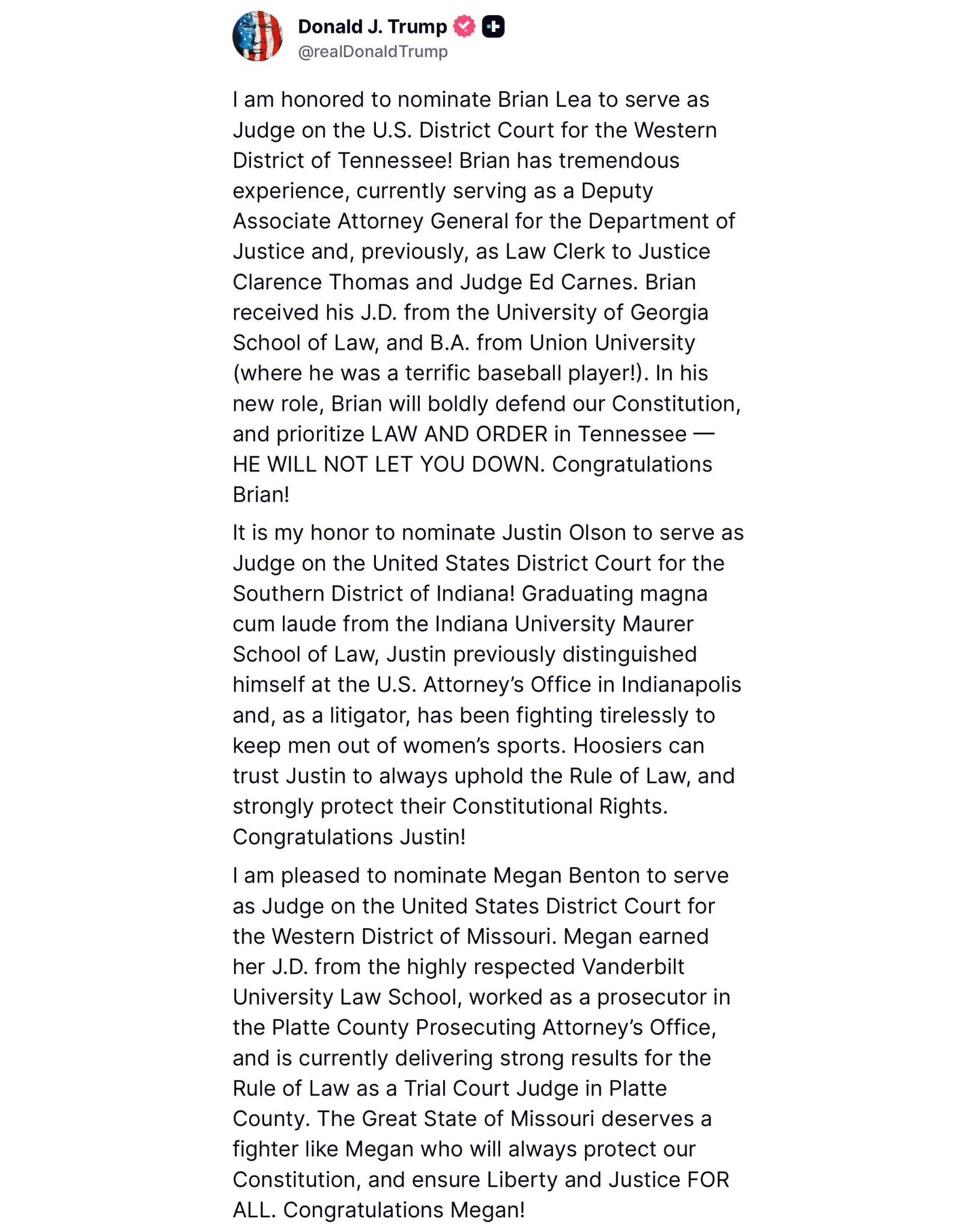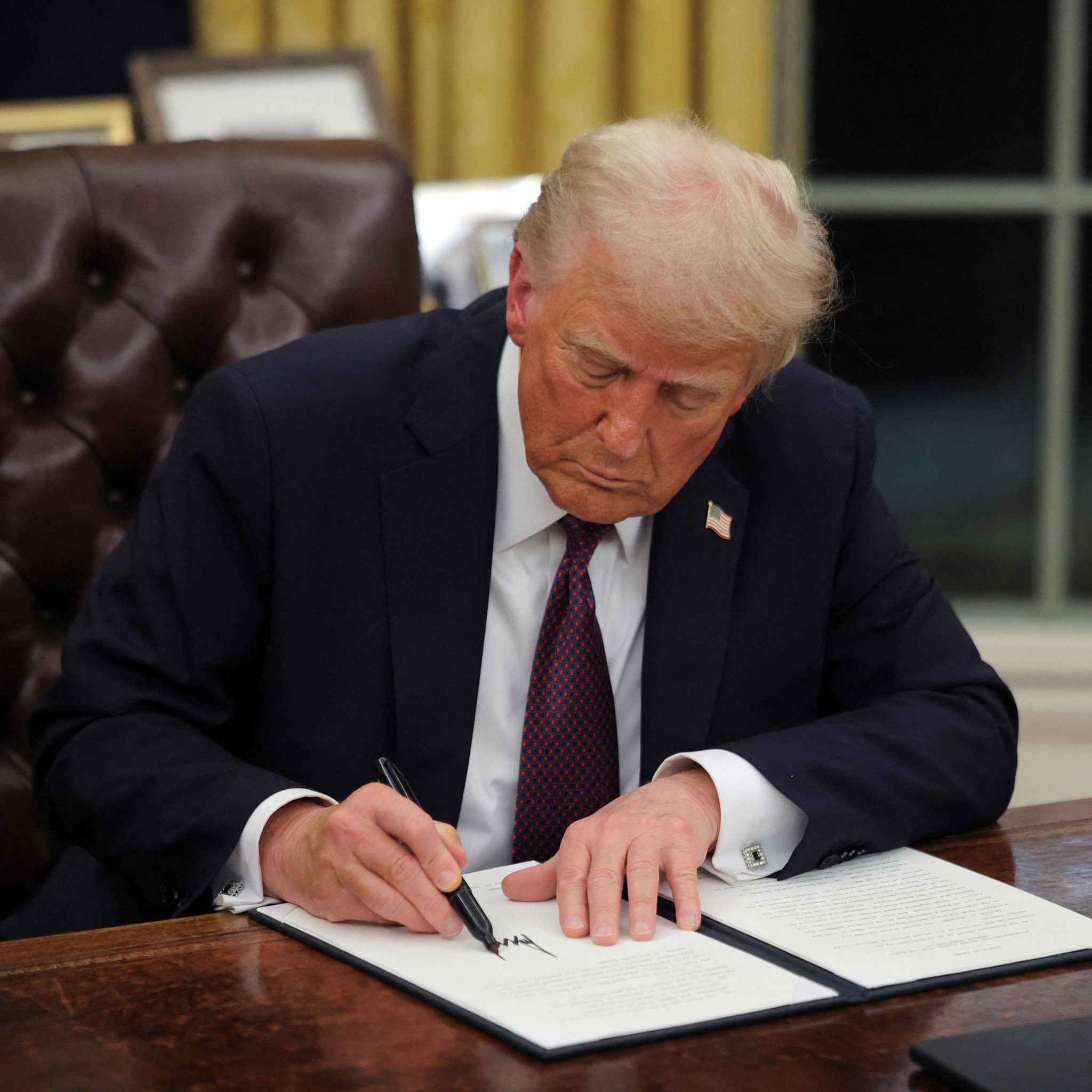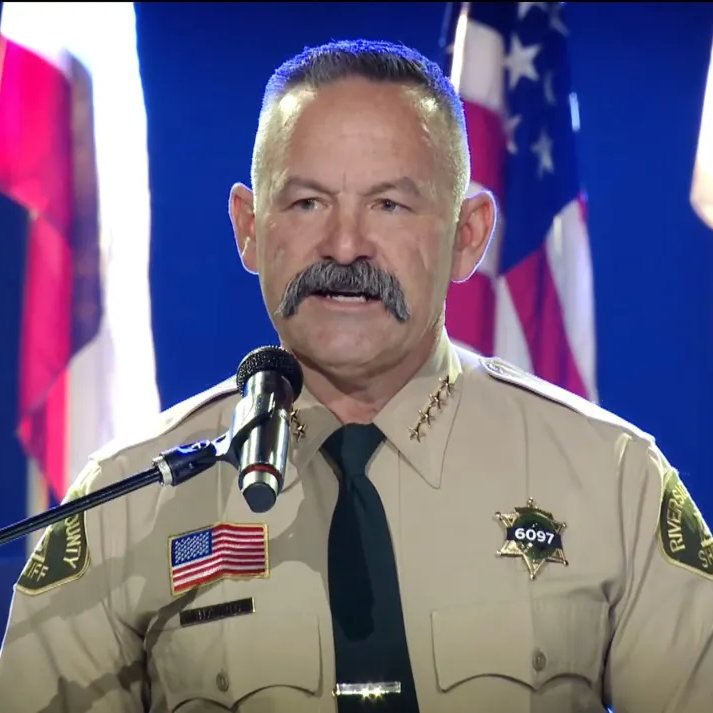Trump Appoints Three Conservative Judges to Federal Judiciary
In a significant move aimed at reshaping the federal judiciary, President Donald Trump has announced the appointment of three conservative judges to various U.S. District Courts. This decision is seen as a strategic effort to counter what the administration describes as the influence of activist judges across the nation.
The newly appointed judges are Justin Olson, who will serve on the U.S. District Court for the Southern District of Indiana; Megan Benton, appointed to the U.S. District Court for the Western District of Missouri; and Brian Lea, who will take a position on the U.S. District Court for the Western District of Tennessee. These appointments reflect the administration's ongoing commitment to appointing judges who adhere to a conservative interpretation of the law.
Justin Olson has a background in law that includes experience in both private practice and public service, making him a well-rounded candidate for the federal bench. Megan Benton, known for her advocacy in various legal capacities, brings a wealth of knowledge in civil rights and constitutional law. Brian Lea, with his extensive legal experience, is expected to contribute significantly to the judiciary in Tennessee.
The appointments come at a time when the Trump administration is actively seeking to solidify its judicial legacy, particularly in light of ongoing debates regarding judicial activism and the role of the judiciary in American governance. By nominating judges who are perceived as conservative, the administration aims to influence key legal decisions on issues ranging from immigration to healthcare.
As these appointments move forward, the Senate will play a crucial role in the confirmation process. The Republican majority in the Senate is expected to support these nominations, which could further shift the balance of the federal judiciary towards conservative interpretations of the law.
With these latest appointments, President Trump continues to make strides in reshaping the federal judiciary, a move that could have lasting implications for American law and policy.




